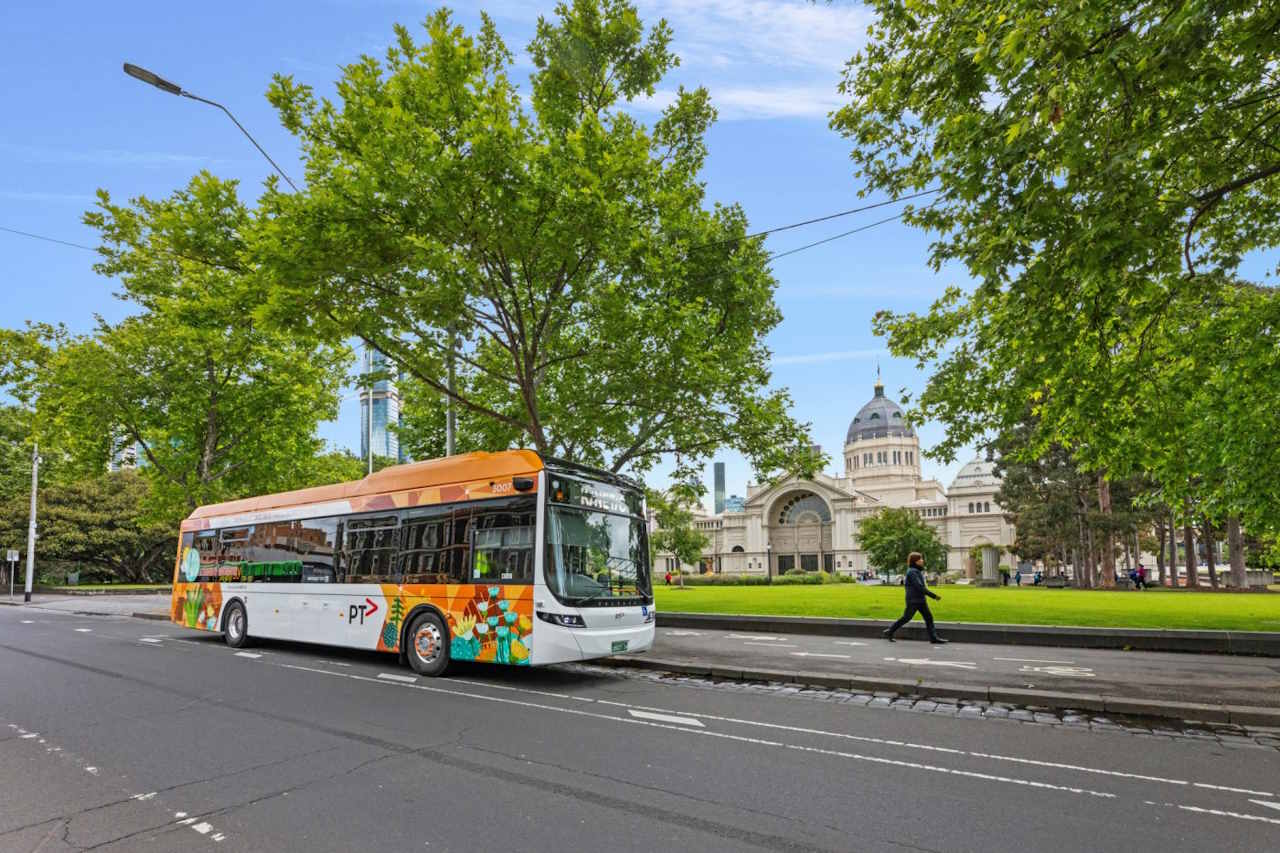Victoria’s Bold Step Towards a Greener Future: The Launch of Zero Emission Bus Contracts
In a significant move towards sustainable public transport, the Victorian Labor government has announced franchise contracts for a third of Melbourne’s bus network. This initiative aims to fast-track the replacement of existing diesel buses with 600 new battery electric buses by 2035. Dubbed the state’s first zero-emission bus contracts, this program is a crucial step in reducing the carbon footprint of public transport in Melbourne.
The Metropolitan Zero Emission Bus Franchises
The newly awarded contracts are part of the Metropolitan Zero Emission Bus Franchises initiative, which encompasses three 10-year franchise agreements. These contracts cover 131 public routes and more than 230 school services across Melbourne. The operators are mandated to transition their respective franchises to full zero-emission bus transport, which includes the deployment of new battery electric buses and the electrification of bus depots by the end of the contract period.
The contracts were awarded to three Victorian-based bus operators: Dysons, CDC, and Kinetic, following a rigorous competitive tender process. This strategic selection underscores the government’s commitment to local businesses and the importance of fostering regional economic growth.
Kinetic’s Expanding Role
Kinetic, which currently operates the Melbourne Metropolitan Bus Franchise covering 30% of the city’s public transport bus services, has been at the forefront of this transition. Following its successful tender win in late 2021, Kinetic committed to introducing 36 battery electric buses to the network by 2025, with plans to replace more than half of its fleet with low- or zero-emission vehicles.
As of July, Kinetic has successfully increased its fleet of zero-emission buses in Melbourne to 30, just two years after the first electric bus was introduced. Kinetic’s expansion will also create additional jobs, with the company adding 107 drivers and 25 full-time staff to its team as it begins operations in Melbourne’s northern suburbs.
Michael Sewards, Kinetic Group CEO, expressed enthusiasm about the initiative, stating, “We’re excited to support more Melbournians with cleaner, greener, and more modern bus services.” This sentiment reflects the broader goal of enhancing public transport while prioritizing environmental sustainability.
CDC Victoria’s Commitment to Sustainability
CDC Victoria, a subsidiary of ComfortDelGro Corporation Australia, is another key player in this transition. Currently operating across Melbourne’s west, south-west, and inner south-east, CDC will expand its services to include additional routes in the west and north-west regions. This expansion will require over 360 buses, all of which must be electric by the end of the contract period.
Nicholas Yap, CEO of ComfortDelGro Australia, emphasized the company’s commitment to sustainability, stating, “Our commitment to the reduction of our environmental footprint is crucial to sustainability.” With Australia’s largest fleet of hybrid buses and a growing number of electric buses, CDC is well-positioned to contribute to Melbourne’s greener future.
Dysons: Leading the Charge
Dysons has secured a contract that combines two northern metropolitan franchises into a single operation, providing fully electrified bus services for 95 regular timetabled and school routes from its Bundoora depot. The company plans to purchase 168 locally built electric buses over the ten-year contract term and will upgrade its Bundoora depot with electric charging infrastructure for 180 buses.
Andrew Jakab, managing director and CEO of Dysons, highlighted the significance of this contract, stating, “The electric bus contract places Dysons at the forefront of Victoria’s transition to a decarbonised and digitised economy.” This initiative not only enhances job security for employees but also provides passengers with a safe, economical, and environmentally friendly transport solution.
Economic and Social Benefits
The introduction of these zero-emission bus contracts is not just an environmental initiative; it also promises significant economic and social benefits. The contracts will support local manufacturing and create Victorian jobs through increased local content requirements. Additionally, new social procurement targets will ensure that investments benefit Indigenous businesses, priority job seekers, and increase the representation of women in the workforce.
Conclusion
The Victorian Labor government’s announcement of the Metropolitan Zero Emission Bus Franchises marks a pivotal moment in Melbourne’s public transport landscape. By transitioning to battery electric buses, the state is taking significant strides towards reducing emissions and promoting sustainable transport solutions. With local operators like Kinetic, CDC, and Dysons leading the charge, Melbourne is set to embrace a cleaner, greener future, benefiting both the environment and the community at large. As these initiatives unfold, they will undoubtedly serve as a model for other cities aiming to enhance their public transport systems while prioritizing sustainability.

